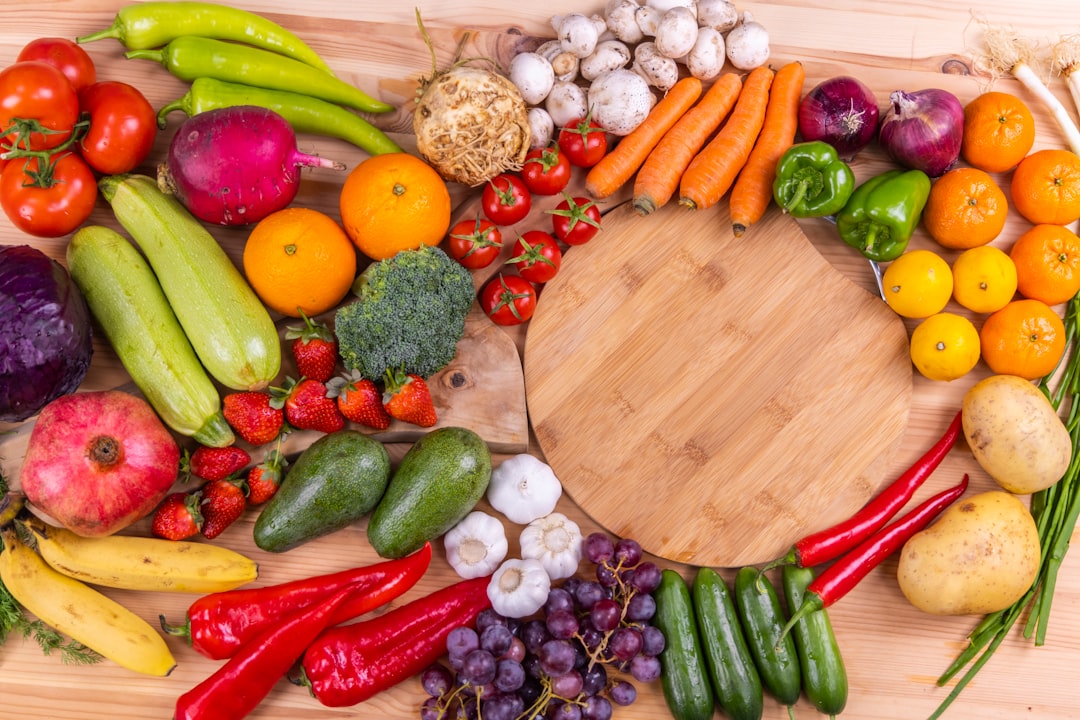 Photo from Unsplash
Photo from Unsplash
Originally Posted On: https://overcomingcandida.com/antifungal-foods-101-what-they-are-and-why-you-need-them/
Introduction
Are you familiar with antifungal foods? These invaluable dietary additions play a pivotal role in maintaining and optimizing our health. Despite their importance, antifungal foods are often shrouded in myths and misconceptions. This article will shed light on their true nature, why we need them, and how we can incorporate them into our daily eating habits.
The Science Behind Antifungal Foods
Fungal infections, particularly those caused by Candida overgrowth, are a common health concern. Candida is a type of yeast that naturally exists in our bodies. However, problems arise when there is an imbalance, leading to an overgrowth of this fungus.
When the balance is disrupted, it can lead to a range of issues from digestive problems to weakened immunity. This is where the importance of digestive enzymes for candida and an antifungal diet become clear. These enzymes help break down the food we eat into simpler substances, enhancing nutrient absorption and aiding in the overall digestion process.
The right diet, particularly one rich in antifungal foods, can help restore the balance, reinforcing our body’s defenses against Candida overgrowth. The unique properties of these foods make them integral to managing and preventing fungal overgrowth.
Antifungal Foods: The Essential List
An array of natural antifungal foods can be seamlessly incorporated into our daily meals. These foods are not only healthful but also enjoyable to consume, adding variety to our dishes.
Fruits That Fight: Antifungal Fruits in Your Diet
Fruits like avocados, olives, lemons, and berries are known for their antifungal properties. They can be easily incorporated into your candida meal plan and provide vital nutrients that boost overall health.
Vegetables vs Fungus: Key Antifungal Veggies
Vegetables such as broccoli, cabbage, spinach, and cucumber are excellent dietary additions to any candida diet menu. They are rich in fiber, enhancing digestion and helping detoxify the body.
Spicing Things Up: How Herbs and Spices Can Act as Antifungal Agents
Herbs and spices are not just flavor enhancers; many like garlic, turmeric, and cinnamon have potent antifungal properties. Integrating them into your meals adds a flavorful punch while keeping Candida levels in check.
Probiotics: The Fungus-Fighting Superfoods
Probiotics are your gut’s best friend. Foods rich in probiotics, like yogurt and kombucha, help restore healthy gut flora, instrumental in battling Candida overgrowth. Discover how these foods can be part of your kombucha candida diet.
Incorporating Antifungal Foods in Your Daily Diet
The path to health is paved with good food choices. The ultimate candida diet includes a variety of foods and supplements to maintain a healthy gut balance. Here’s how to make antifungal foods a delightful part of your meals:
Breakfast Ideas: Starting Your Day the Antifungal Way
A power-packed breakfast is a great way to start your day on an antifungal note. With the right mix of proteins, fats, and complex carbs from our candida diet plan, you’re set for a day of energy and vitality.
Lunch and Dinner: Delicious, Nutritious, and Fungus-Resistant
Keeping lunch and dinner both delicious and healthy can be a challenge. But with our antifungal-focused candida diet lunch ideas, you can relish your meals without compromising health goals.
Common Misconceptions About Antifungal Foods
Despite the growing awareness about antifungal foods, misconceptions abound. One common myth is that all natural foods have antifungal properties. While it’s true many natural foods have such properties, not all do. Additionally, the idea that antifungal foods alone can cure serious infections is misleading. They are part of a larger treatment plan that often includes medications. Finally, the belief that the more antifungal foods you consume, the better is a misconception. Balance is key in a healthy diet.
Antifungal Foods and Supplements: A Holistic Approach
Beyond dietary changes, antifungal supplements can support the fight against Candida. Here’s how to combine them for maximum benefits:
Understanding the Role of Antifungal Supplements
Supplements, like the herbal antifungal supplement, can complement antifungal foods in your diet. They can help fill nutritional gaps and boost the body’s resistance against fungal overgrowth.
How to Combine Foods and Supplements for Maximum Benefit
Balancing your diet with the best antifungal supplements and antifungal foods can optimize your body’s defenses against Candida overgrowth.
Conclusion
Embarking on the journey to include more antifungal foods in your diet is a step towards healthier living. A proactive approach to your dietary habits can make a world of difference. Ready to start your journey? Explore our candida 7-day meal plan and take your first step towards a fungus-free lifestyle today. Remember, the key to a healthy life often lies in the foods we choose to consume. Make those choices count. Discover more about antifungal foods and their role in overcoming Candida overgrowth by visiting OvercomingCandida.com.













